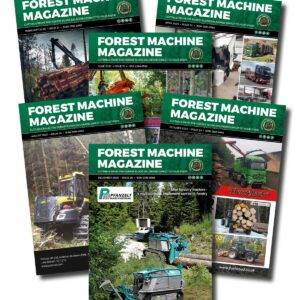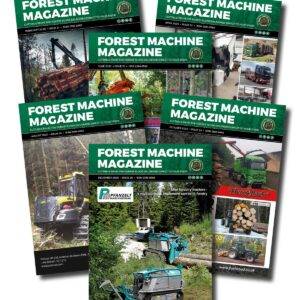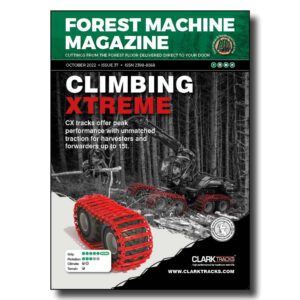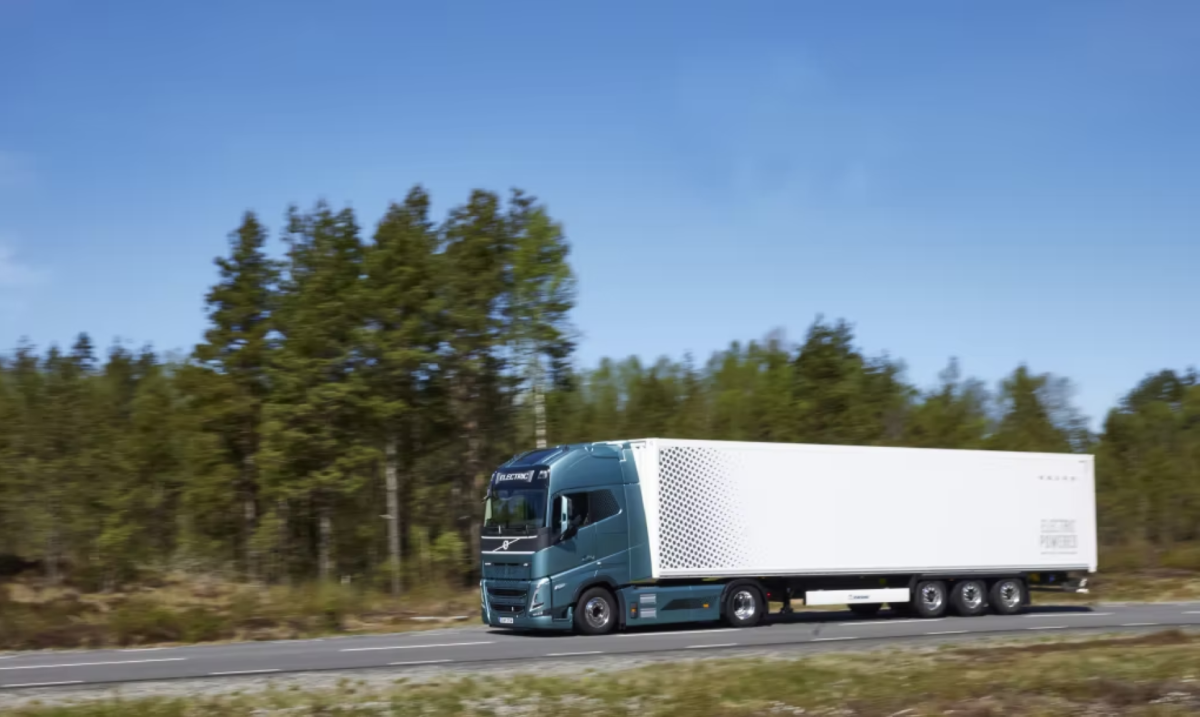Road transport is the most prioritized area to reduce CO2 emissions, according to leading e-commerce and manufacturing companies in Europe. A new report carried out by Ipsos and Volvo Trucks shows that companies are willing to pay more for transport suppliers with lower CO2 emissions.
The research company Ipsos has, on behalf of Volvo Trucks, interviewed 100 large e-commerce and manufacturing companies in eight European countries about their demand for fossil fuel free transports in future procurements.
The vast majority of these companies have set targets to reduce their climate footprint. 78% of those interviewed say that they are willing to pay more for a transport supplier with little or no CO2 emissions and 85% are prepared to change transport suppliers if they don´t meet their requirements.
The research also shows a clear connection between their future business opportunities and fossil fuel free transport options. 60% of companies believe they risk losing customers within the next three years if they can’t meet their consumer’s demand for deliveries with little or zero CO2 emissions.
“It’s very positive to see this big push for fossil free truck transports. It means that we will see a massive shift in the industry in the coming years. We believe that electrification will be the key driver towards zero emission road transports and we are proud to already offer fully electric truck alternatives for most assignments. Going electric means more business opportunities”, says Roger Alm, President of Volvo Trucks.
Volvo Trucks has set a global target that in 2030, 50% of all new trucks sold will be battery or fuel cell electric. The transition to electric is being led by Europe and North America where targets are even higher. For example, in Europe the ambition currently sits at around 70% for all new trucks sold in 2030.
Facts about the survey
- The survey was conducted in June 2022 and included interviews with 100 professionals at senior level, typically responsible for procurement, logistics, supply chain management and/or sustainability.
- The countries included in the survey were: Germany, France, UK, Italy, Spain, Netherlands, Sweden and Norway.
-
That’s a remarkable amount of work hours for a single machine, the Norcar 600 owned by Erkki Rinne is taken well care of, it even has the original Diesel engine.
-
Kieran Anders is a forestry contractor working in the lake district. His work involves hand cutting and extracting timber using a skidder and tractor-trailer forwarder.
-
It is not possible to eliminate chain shot, but there are simple steps that can be taken to reduce the risk.
-
Arwel takes great pride in the fact that the mill has no waste whatsoever, “the peelings are used for children’s playgrounds, gardens and for farm animals in barns in the winter and the sawdust has multiple uses in gardens and farms as well.
-
Timber hauliers need to encourage young blood in, and also look after the hauliers we have, we need make the sector a safe and positive place to work.
FIND US ON
Related Posts
www.volvotrucks.com
Forest Machine Magazine is written and edited by a forest professional with over 40 years hands on experience. We are dedicated to keeping you informed with all the latest news, views and reviews from our industry.
To support us you can subscribe to our bi-monthly magazine which is delivered to your door from only £30 per year.
Subscribe here
#homeoflogging #writtenbyloggersforloggers #loggingallovertheworld
-

 1 Year Subscription£0.00
1 Year Subscription£0.00 -

 2 Year Subscription£0.00
2 Year Subscription£0.00 -

 Issue 37£6.00
Issue 37£6.00 -

 Sustainable Logging: Powering The Planet T-Shirt£17.50 – £20.00
Sustainable Logging: Powering The Planet T-Shirt£17.50 – £20.00 -

 Sustainable Logging: Powering The Planet Hoodie£33.00 – £36.00
Sustainable Logging: Powering The Planet Hoodie£33.00 – £36.00

